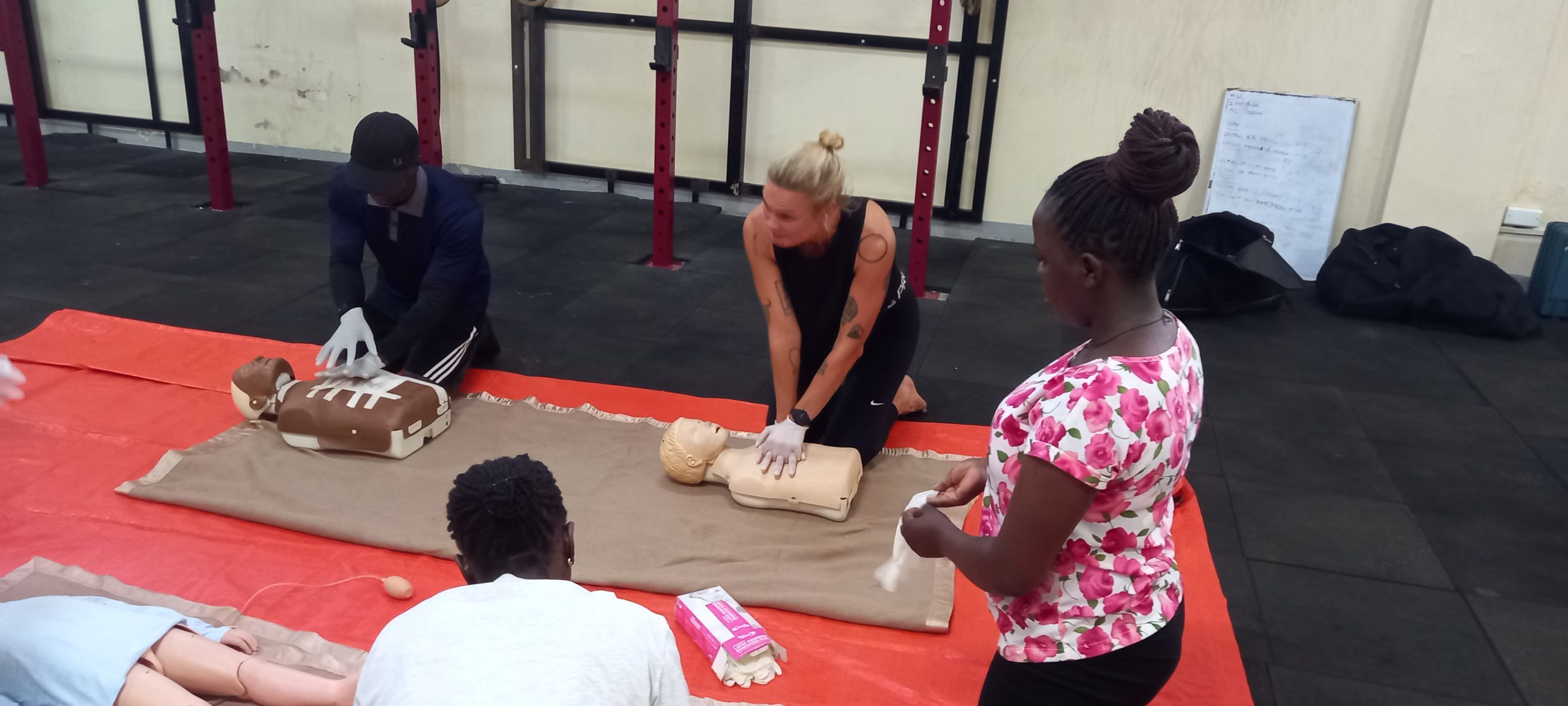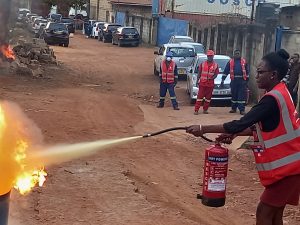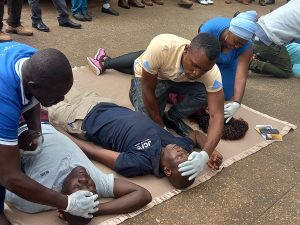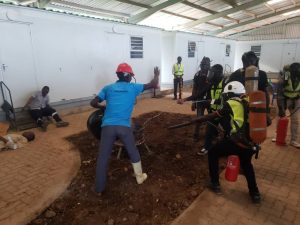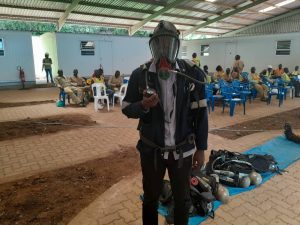The Pediatric Advanced Life Support Training course is designed to teach the skills needed to assess and administer care within the first 10 minutes of a pediatric cardiac arrest. Providers learn the skills needed to manage advanced cardiac life support scenarios: respiratory emergency, various types of cardiac arrest (simple VT/VF, complex VT/VF, PEA (Pulseless Electrical Activity) and asystole), pre-arrest emergencies: stable and unstable bradycardia and tachycardia.
The Pediatric Advanced Life Support Training Provider Course emphasizes 5 major concepts:
- Identification and treatment of problems that place the child at risk for cardiac arrest
- Application of a systematic approach to pediatric assessment
- Use of the evaluate-identify-intervene sequence
- Use of Pediatric Advanced Life Support Training algorithms and flowcharts
- Demonstration of effective resuscitation team dynamics
The course is designed to give students the opportunity to acquire, practice, and demonstrate proficiency in the assessment and management of critically ill pediatric patients.
Students will have the opportunity to learn, practice and demonstrate proficiency in the following skills:
- Perform high-quality cardiopulmonary resuscitation (CPR) per Heart and Stroke
- Foundation basic life support (BLS) recommendations
- Differentiate between patients who do and do not require immediate intervention
- Recognize cardiopulmonary arrest early and begin CPR within 10 seconds of recognition
- Apply team dynamics
- Differentiate between respiratory distress and failure
- Perform early interventions for respiratory distress and failure
- Differentiate between compensated and decompensated (hypotensive) shock
- Perform early interventions for the treatment of shock
- Differentiate between unstable and stable patients with arrhythmias
- Describe clinical characteristics of instability in patients with arrhythmias
- Implement post–cardiac arrest management
CONTACT US
